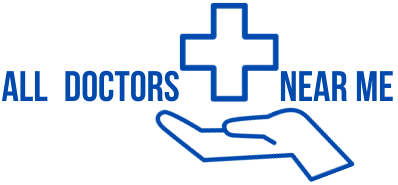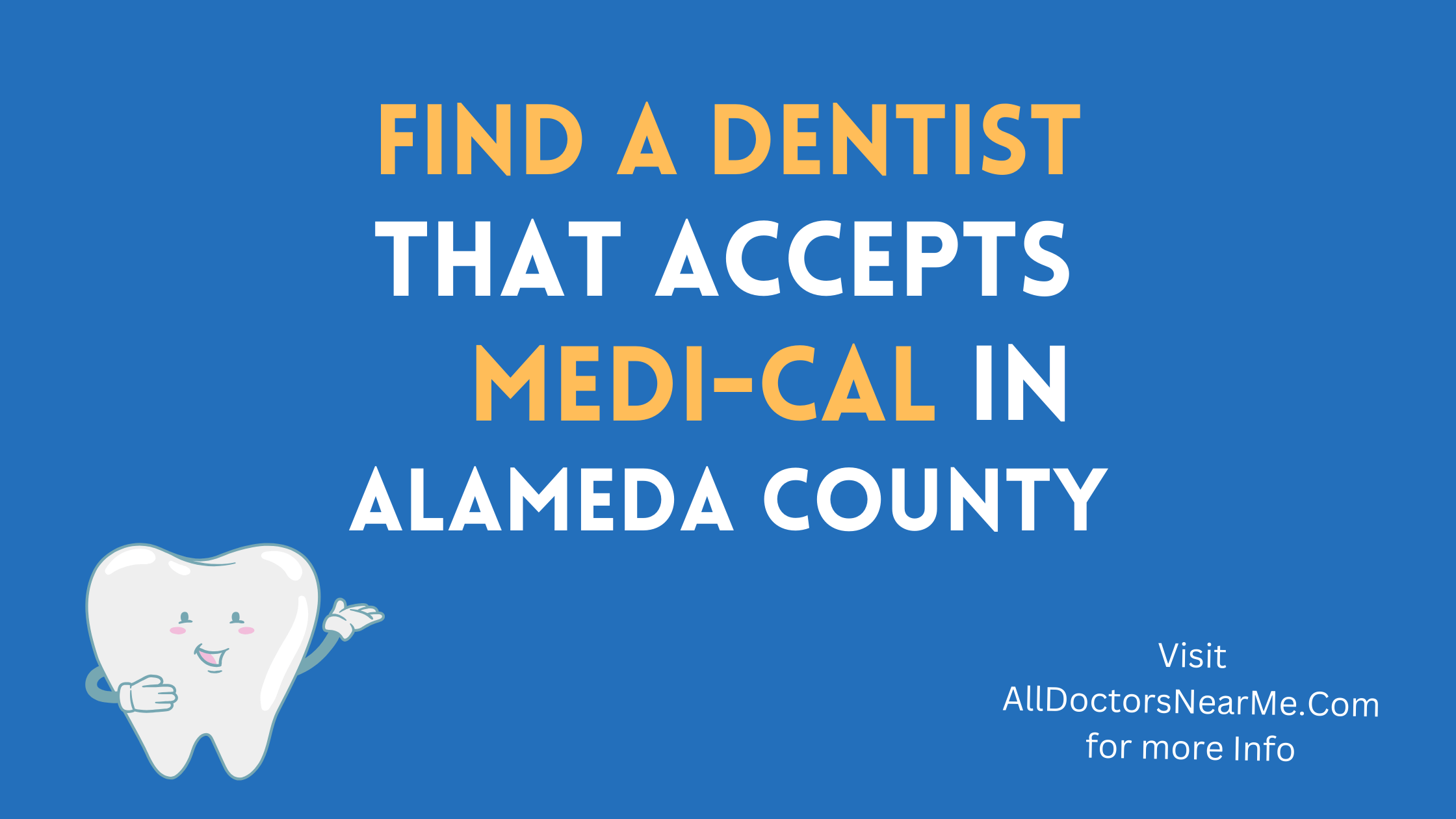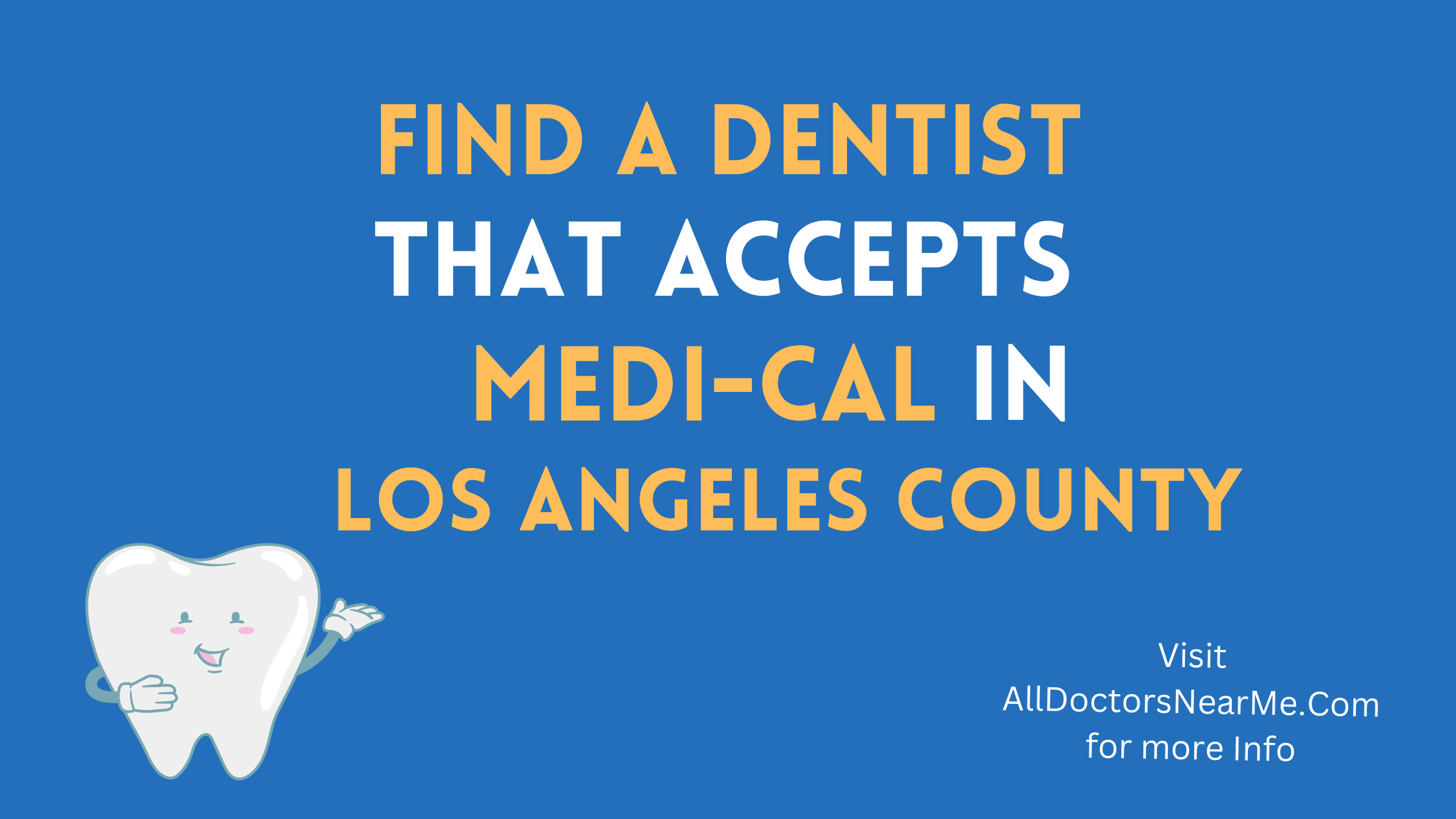Do most Doctors accept Medi-Cal? The answer is No, not most of them but according to a study conducted by California Healthcare Foundation in 2017, the average percentage of Physicians who accepted new Medi-Cal patients was 64%. This rate is not constant allover California, It changes from one region to another.
I have mentioned some key takeaways below to summarize the topic.
Key Takeaways
- The doctors accepting Medi-Cal varies significantly across California, It is higher in urban area and lower in rural area.
- Low reimbursement rates and administrative burdens are the major reasons that prevent doctors to participate in Medi-Cal Insurance.
- The doctors can’t be forced to accept Medi-Cal that’s why the only ways to tackle this issue is to increase the reimbursement rates and lower the interference of administrative bodies.
- The doctors often reject patients due to health complexity and lack of required resources available.
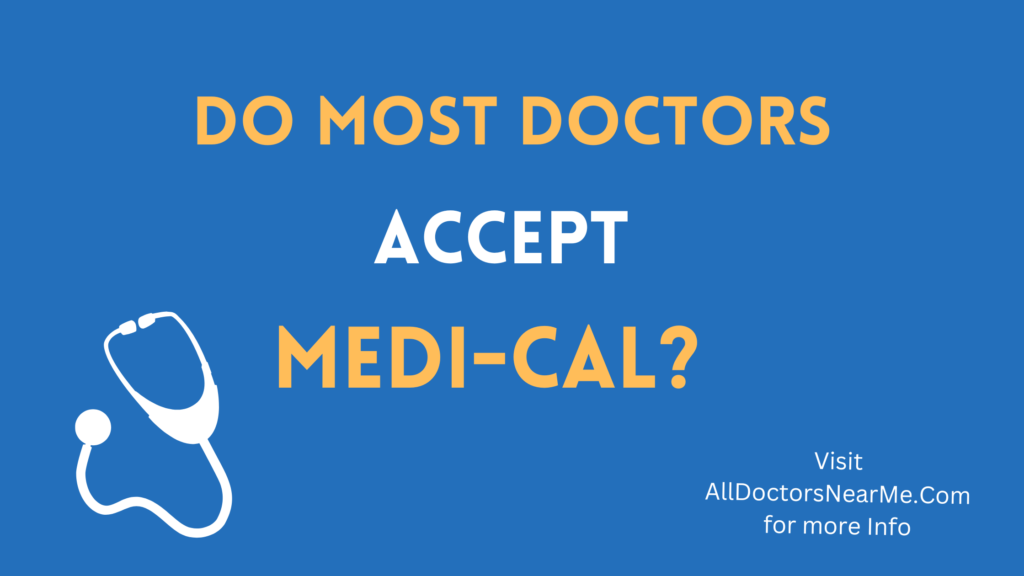
Why don’t Doctors Accept Medi-Cal?
I noticed multiple flaws in the Medi-Cal system while surveying on the ground. Many doctors do not accept Medi-Cal patients because of some strong reasons. I have explained the reasons behind the limited Medi-Cal acceptance among healthcare providers and the implications for Medi-Cal beneficiaries below.
- Doctors who accept Medi-Cal often blame not receiving the full cost of providing care, So clearly the low reimbursement rate is the primary reason they do not accept Medi-Cal.
- Some doctors also accepted that they were not the part of Medi-Cal Insurance provider network because of the Administrative burdens and complex regulations during and after joining Medi-Cal.
- Medi-Cal beneficiaries share some challenging characteristics, including complicated medical and social needs, which means that providing the best quality care within existing constraints is not always easy for doctors.
- However, the limited acceptance of Medi-Cal among doctors can result in reduced access to care, longer waiting times, and poorer health outcomes for Medi-Cal patients .
- The responsible authorities should increase the reimbursement rates, reduce the formalities, and ease the regulations to increase the acceptance. This is the only way to expand the reach of Medi-Cal to more patients.
Low Reimbursement Rates
One of the primary reasons doctors choose not to accept Medi-Cal is the low reimbursement rates offered by the program. Medi-Cal reimbursement rates are significantly lower than those of Medicare or private insurance, often failing to cover the full cost of providing care (California Health Care Foundation, 2019). This can make it financially challenging for doctors to maintain a sustainable practice while serving a high volume of Medi-Cal patients.
- According to the research of California Healthcare Foundation, the reimbursement rates in California is the lowest in 2019 among the other states of the nation. Which is below 50% of Medicare rates.
- The low reimbursement rates cause low acceptance of Medi-Cal which results in overcrowded clinics and specialty centers with high overhead costs or complex needs.
Important: According to California Department of Healthcare Services, California has taken steps to increase Medi-Cal reimbursement rates in recent years, such as through the Proposition 56 tobacco tax, but they haven’t achieved their goals yet and many providers argue that rates still fall short of covering the true cost of care.
The doctors who avoid joining Medi-Cal Insurance network often complaint about difficult processes, Pressure from Administrative bodies, and complex regulations during and after joining the Medi-Cal. They consider it as the major barrier.
Enrollment and Credentialing
If You check out the steps involved in the enrollment process at California Department of Healthcare Services, It is quite lengthy and time-consuming. It is complex, requires extensive documentation, and background checks which most providers don’t like.
Billing and Claims Processing The billing and claim processing is not an easy process as well, It requires many verifications and gets denied if any errors. So complicacy is everywhere.
It is not the work of one man army, the providers may need to invest in additional staff to continue error free billing system.
Prior Authorization and Utilization Management
- Medi-Cal requires authorization for certain services and procedures in advance, which can create additional administrative work for providers.
- Medi-Cal is definitely not an unlimited Insurance plan, The providers needs to go through the Utilization management processes which often frustrate the new providers.
Patient Complexity and Social Determinants of Health
There are multiple limitations to the Medi-Cal Insurance program therefore providing sufficient care within the boundaries of the program is not easy for doctors. The challenges include
Complex Health Needs
As per the research conducted by California Health Care Department the most Medi-Cal beneficiaries are more likely to have multiple health issues at a time as compared to the general population.
Patients suffering from complex health situations require more time, resources, and coordination. It is not possible under Medi-Cal’s low and sometimes slow reimbursement rates and administrative burdens.
Social Determinants of Health
Medi-Cal beneficiaries often experience social and economic issues like poverty, housing instability, and food insecurity.
Addressing these social determinants of health requires a comprehensive, multi-disciplinary approach that may be difficult for individual providers to implement within the Medi-Cal system.
Which Doctors Accept Medi-Cal?
There are thousands of doctors with different specialization, Clinics, and hospitals who accept Medi-Cal allover California. The doctors include Primary Care Physician (PCP) and specialists as well.
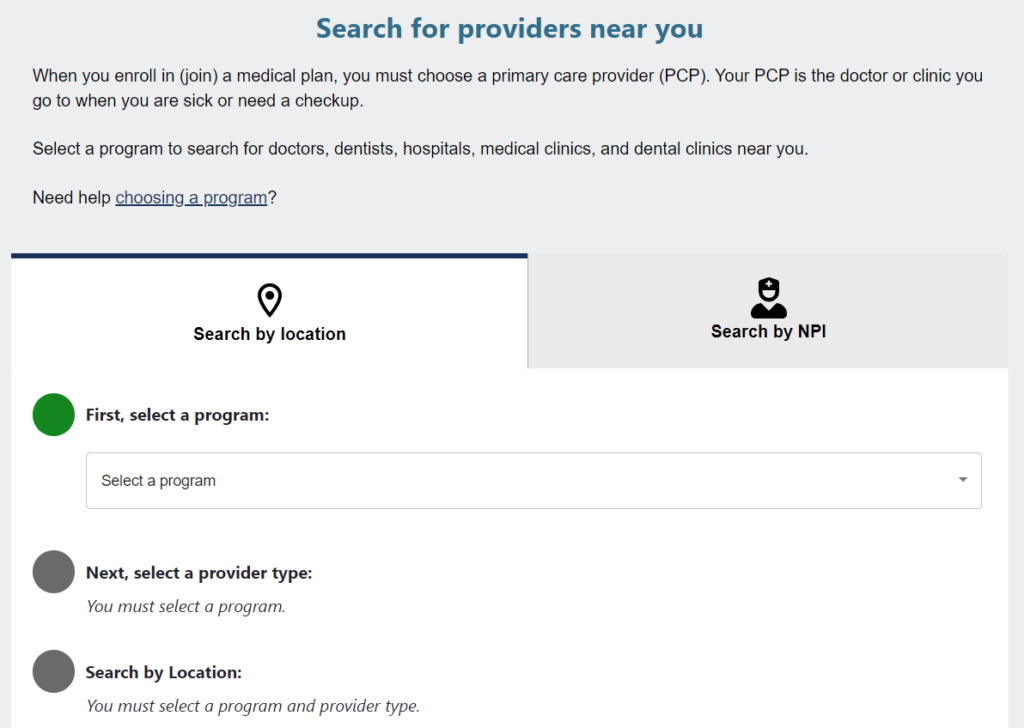
The Primary care Physicians include Family Medicine Physicians, Internists, Pediatricians, and Obstetricians. The specialists include Cardiologists, Dermatologists, and Psychiatrists. The beneficiaries may need to get referrals from their PCP to visit specialists.
The list of Medi-Cal Insurance acceptability is not limited to doctors, Clinics, and hospitals but also there are hundreds of Federally Qualified Health Centers (FQHCs) and Rural Health Clinics (RHCs) who accept Medi-Cal beneficiaries.
- If You have Medi-Cal Managed Care Plan in Los Angeles Ex- L.A. Care or have Managed care Plan in other counties, You can easily find the doctors that accept Medi-Cal. Follow the steps given in this article.
- If You have simple Medi-Cal Insurance plan, Ask Your PCP for referrals or Call Your Plan provider in case of any difficulty.
- If You do not have access to any online tools or directories provided by California Department of Healthcare Services, Call Member Services of Your managed care plan.
- The Community Health Organizations and Social Service Agencies often have information about doctors that accept Medi-Cal in their area, You can reach out them and ask for referrals.
Final Remarks
As we discussed the advantages and challenges in the execution of Medi-Cal, It is now clear that Medi-Cal is very beneficial for low income families and individuals. But there is a major challenge in the execution of Medi-Cal is that Most Doctors do not accept Medi-Cal because of low reimbursement rates and unnecessary administrative burdens.
The executives are trying to make the Medi-Cal services better day-by-day which is a good sign. Let’s see what happens next.
I’ll update the statistics in this article in the future if any major changes happens.
Hope the article help. Let me know in the comment below.
